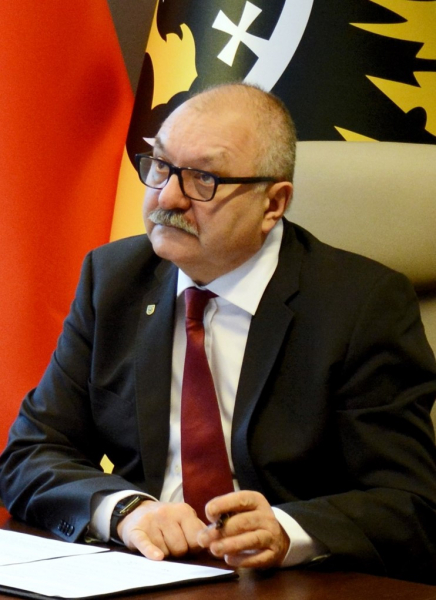
During a plenary debate on the coordination of border management during the pandemic and impact on local communities and commuters, ECR Member Cezary Przybylski, Marshal of the Lower Silesia region in Poland, recounted the many challenges they faced following the onset of the epidemic emergency in March last year. Amongst others, the challenges included the closure of borders between countries and the return of border controls, "a reality that we have not faced for many years", he observed.
This situation has caused and continues to cause, significant complications in the daily lives of citizens and businesses in the border area. Marshal Przybylski says he fully understands that we have to look after the safety of our citizens by taking "difficult decisions at both national and regional level". However, for the Marshal, this reduced mobility can cause many additional problems for citizens, in particular, cross-border workers. It means that businesses are trying to function normally but often have to "slow down their operations" due to a lack of workers.
As Marshal of the Lower Silesia region, he has intervened and will continue to do so whenever the "good of citizens and the economic development of the region requires it". In this context, Marshal Przybylski emphasised the importance of good neighbourly relations in cross-border cooperation and partnerships at the regional level.
The Marshal provided the example of interregional cooperation whereby he repeatedly called for measures to facilitate border traffic for the benefit of the economy, together with the leaders of Czech and German regions. They made appeals both for the opening of closed border crossings to reduce queues and for changes to regional rules, for example on the frequency of COVID-19 testing.


 TAG: Economy
TAG: Economy